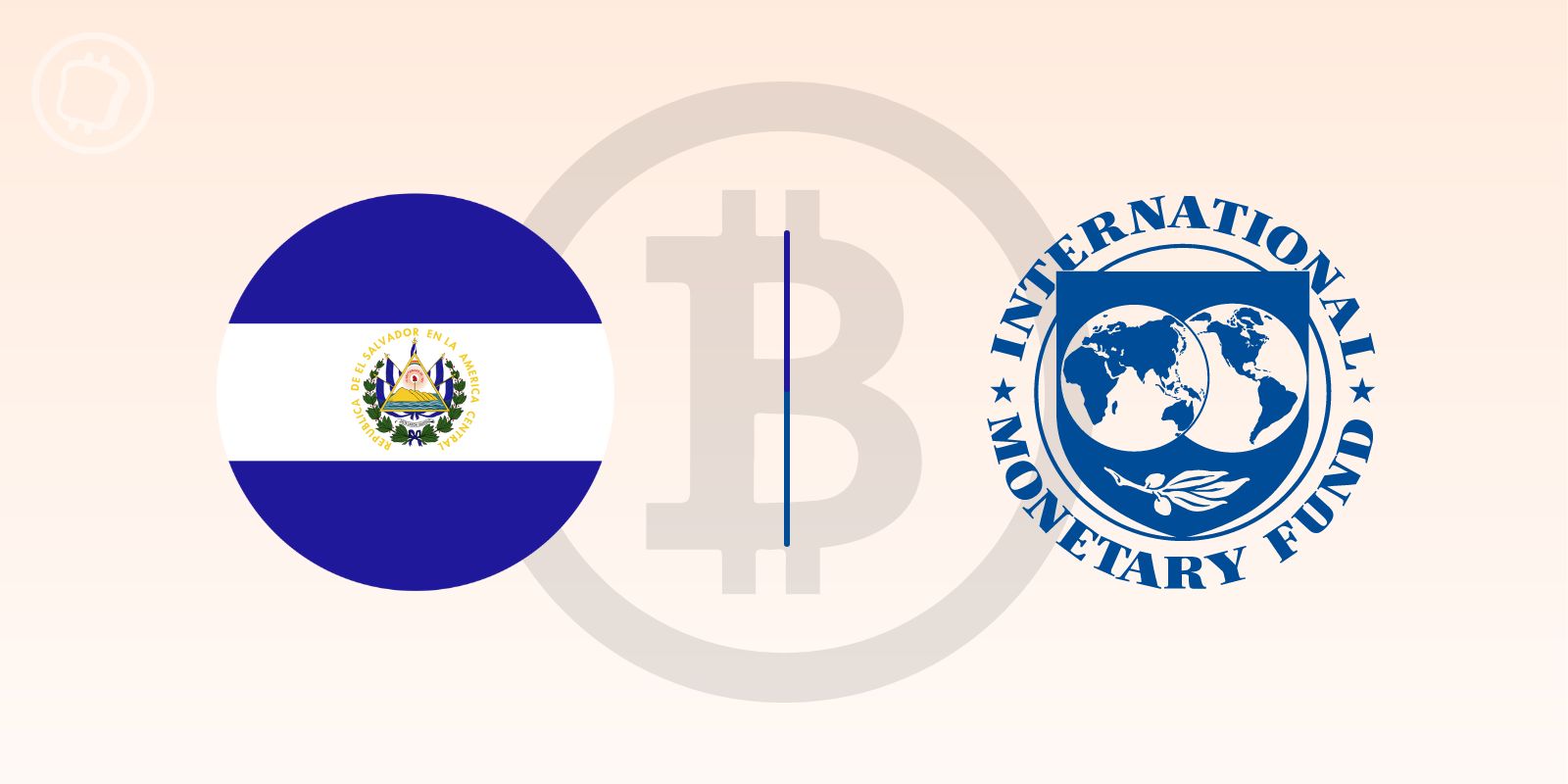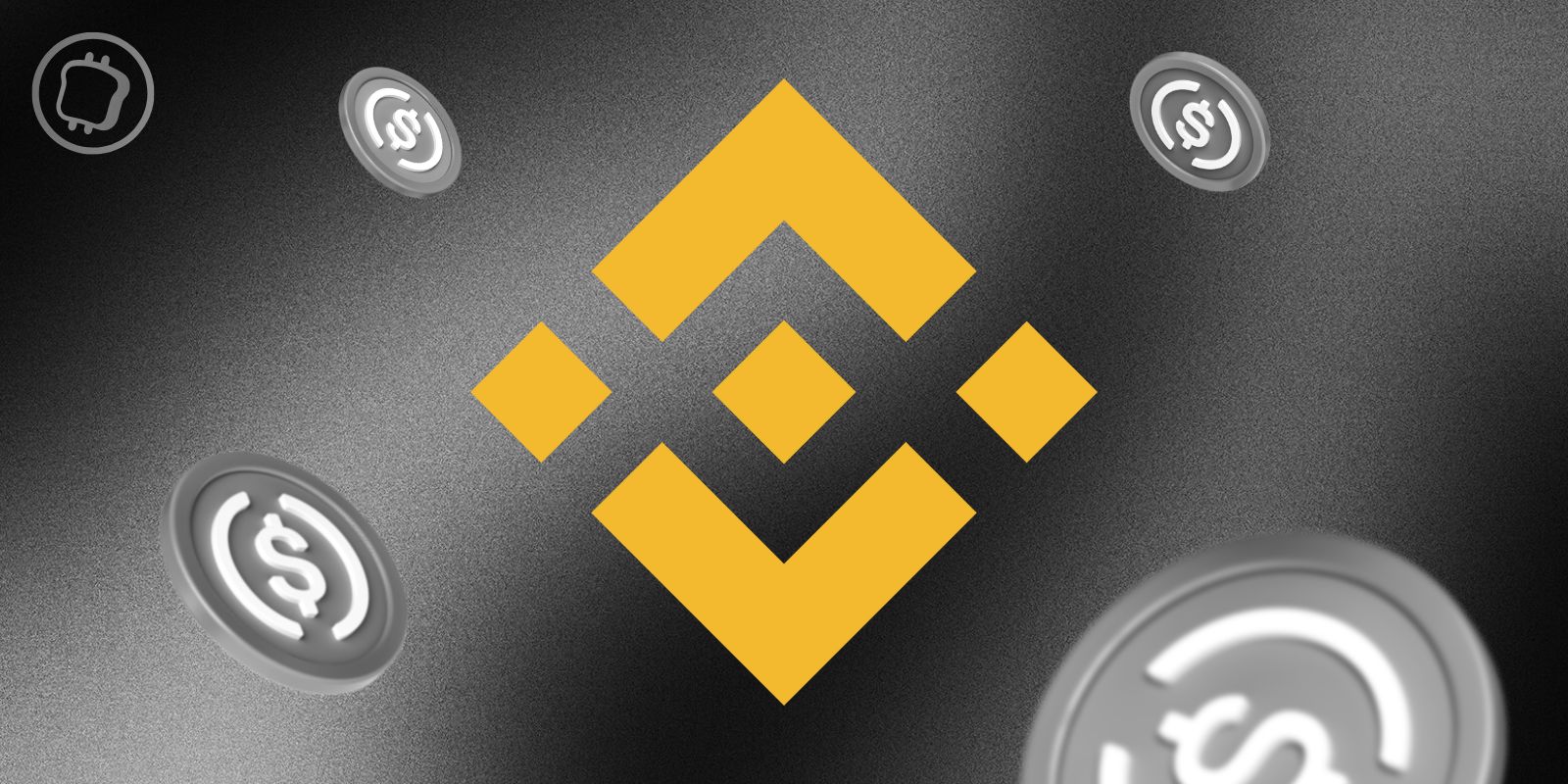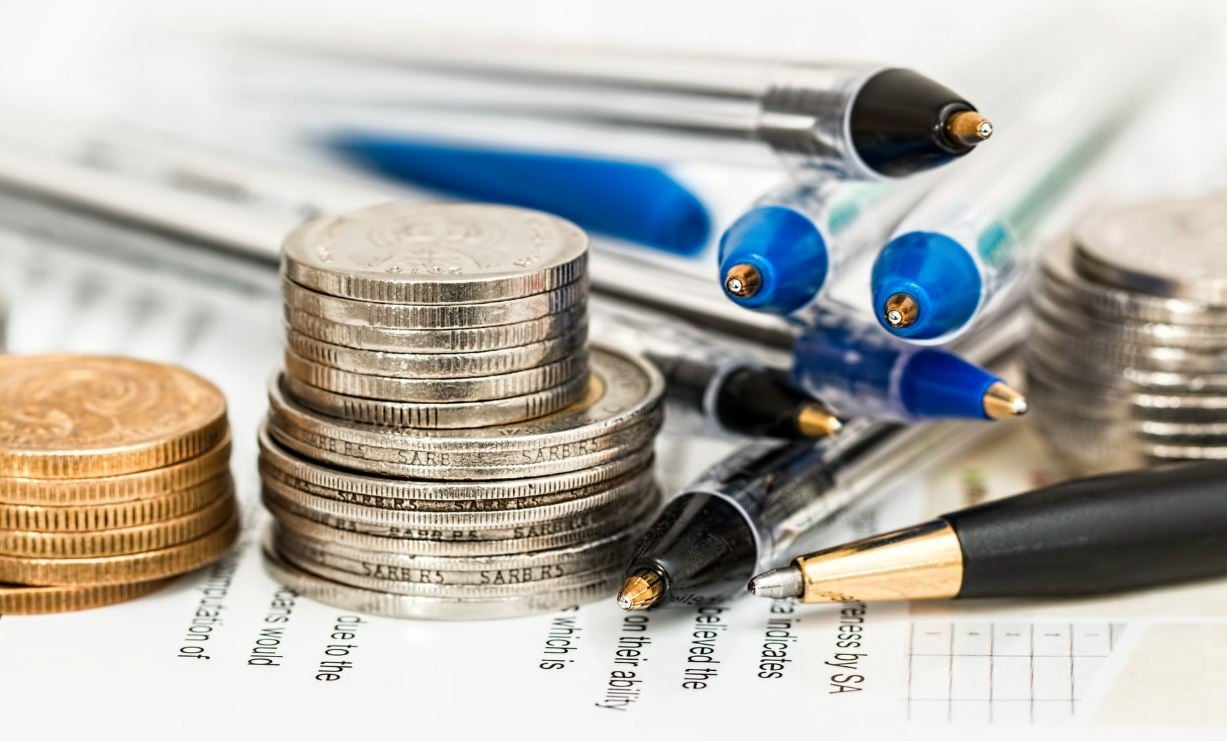If the International Monetary Fund (IMF) still calls on El Salvador to consider the risks of using Bitcoin as legal tender, the institution recognizes that said risks have not yet materialized. Are these the timid beginnings of a change of position?
The IMF reconsiders the use of Bitcoin in El Salvador
After a visit to El Salvador between the end of January and the beginning of February, a delegation from the International Monetary Fund (IMF) established conclusions on the financial situation of the country, and returned in particular on its use of Bitcoin (BTC) as legal tender.
While the institution strongly opposed the initiative of President Nayib Bukele, brandishing for example the threat of refusal of loans, the speeches seem to have been nuanced somewhat. Indeed, if the IMF is still opposed to El Salvador’s choices, stating that “bitcoin risks should be considered“, the organization also indicates that said risks have not yet materialized :
“Although the risks have not materialized due to the limited use of Bitcoin so far, as suggested by survey and remittance data, its use could increase given its legal tender status and new legislative reforms to encourage the use of crypto-assets, including tokenized bonds. »
Although the road is still very long before the IMF dubs Bitcointhe catastrophe predictions are therefore not yet realized.
👉 To go further – Find our guide to buying Bitcoin (BTC)
Buy crypto in minutes
👉 Listen to this article and all other crypto news on Spotify
An improving economic situation, but which can change
More generally, the IMF has identified several positive points in El Salvador’s financial situation, although there are areas for improvement to highlight. Thus, the country’s economy grew by 2.8% in 2022to return to pre-pandemic levels.
The International Monetary Fund also notes a drastic decrease in crime, coupled with an increase in tourism-related income. Nevertheless, El Salvador is not spared from inflation, with an annual level of 7.2%. In addition, the State deficit, for its part, reached 8% of GDP.
It’s also worth putting bitcoin’s position in perspective in this data, because to date, El Salvador would hold “only” 2,381 BTC, which represents $52 million. In 2022, the Minister of Finance, Alejandro Zelaya, had also declared that these assets represented 0.5% of the state budget.
👉 Also in the news – The LocalBitcoins platform announces its closure after 10 years of activity
🎁 Cryptoast Research Launch Offer
1st Newsletter Free with the code TOASTNL

Sources: International Monetary Fund, BitcoinTreasury
Newsletter 🍞
Receive a summary of crypto news every Monday by email 👌
What you need to know about affiliate links. This page presents assets, products or services relating to investments. Some links in this article are affiliated. This means that if you buy a product or register on a site from this article, our partner pays us a commission. This allows us to continue to offer you original and useful content. There is no impact on you and you can even get a bonus by using our links.
Investments in cryptocurrencies are risky. Cryptoast is not responsible for the quality of the products or services presented on this page and could not be held responsible, directly or indirectly, for any damage or loss caused following the use of a good or service highlighted in this article. Investments related to crypto-assets are risky by nature, readers should do their own research before taking any action and only invest within the limits of their financial capabilities. This article does not constitute investment advice.
AMF recommendations. There is no guaranteed high return, a product with high return potential involves high risk. This risk-taking must be in line with your project, your investment horizon and your ability to lose part of this savings. Do not invest if you are not ready to lose all or part of your capital.
To go further, read our Financial Situation, Media Transparency and Legal Notices pages.


















